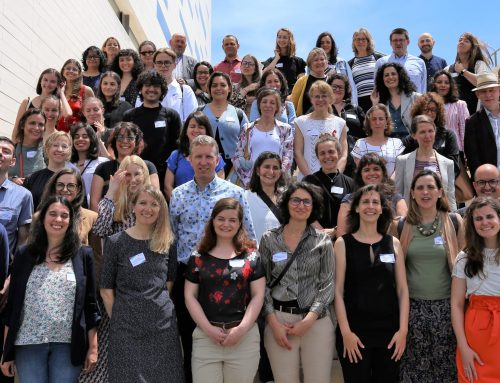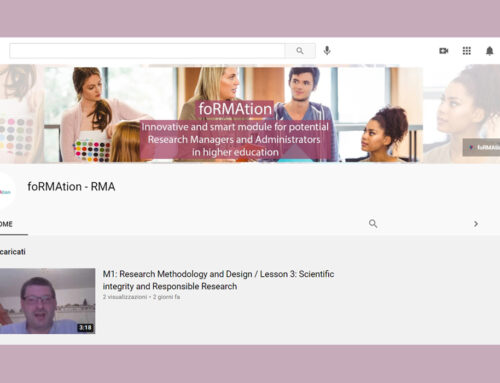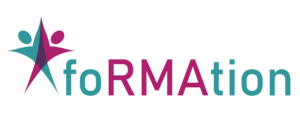The relevance and significance of research support to carry out excellent research is getting more and more acknowledged at EU level by funding bodies. The competition for external research and innovation funds are continuously growing, whereas funds dedicated to Cohesion Policy are decreasing. Even if the profession of Research Managers and Administrators (RMAs) are hardly recognized at any European countries, EU-13 countries has additional drawback with regard to the generally unrecognized and underdeveloped status of research support at research performing organizations.
However, the draft version of the Widening Participation and Strengthening the ERA Work Programme of the new Horizon Europe includes such measures, which are highly welcome by the EU-wide RMA community. Beside the fact that there is a specific call for a European RMA platform, several calls include knowledge exchange and capacity-building activities targeting not only scientific staff but those providing support for researchers, scientists and innovators.
That was the main focus of the presentation of our colleague, Virág Zsár, senior grant advisor at the Division for International Cooperation, at the special event dedicated to ERA Chairs organized by the NCP_Wide.net Project under the title Lessons Learnt and future perspectives in the light of the new ERA held on 7 April.
The presentation highlighted the rationale of using these opportunities to build up and enforce research support capacities in Widening, especially in EU-13 countries. Beside the fact that “excellent research requires top research support”, it also has to be acknowledged that professional research support increases the value for money across the European Research Area. Well-trained and highly-skilled RMAs can bring in huge added value both at institutional level (for researchers, institution leaders and other colleagues) and at national and EU levels.
For that reason, it is of utmost important that the work of RMAs are acknowledged, and they are provided with opportunities for capacity-building, knowledge exchange and networking. Beyond the already existing initiatives, such activities should be further strengthened in EU-13 countries to overcome their huge gap in the participation and absorbed funding in EU framework programmes.
Presentations of the event and the recording is available here.





